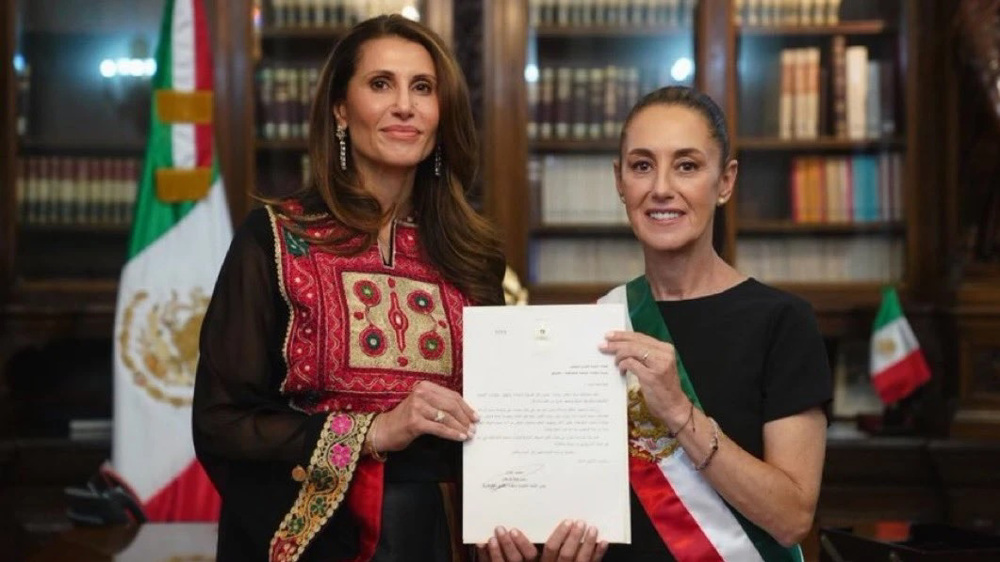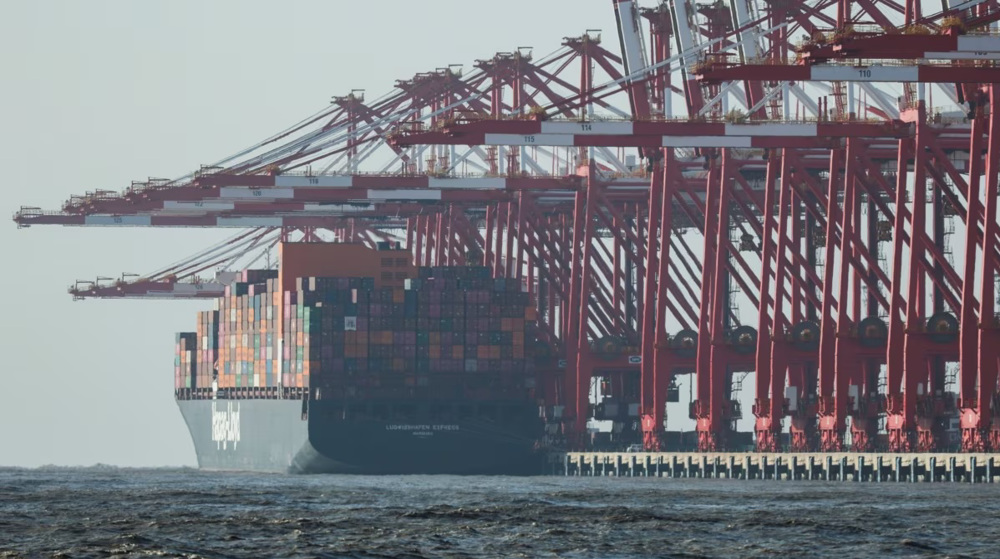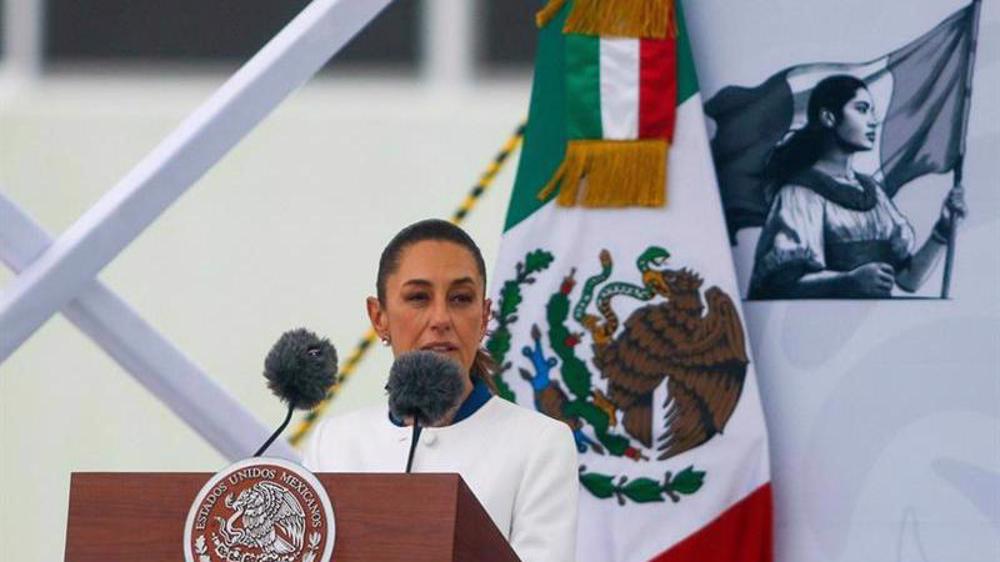Mexico defends announcement on 43 missing students
The Mexican attorney general’s office has defended its controversial announcement that all the 43 students who disappeared in the southern state of Guerrero in September last year are dead.
This came after a team of forensic experts led by Argentinean experts charged that an investigation carried out by Mexican officials was marred by mistakes.
The Argentine Forensic Anthropology Team, hired by the parents of the missing students, said there was “no scientific evidence” to say the students were incinerated in a landfill by a drug gang. The experts said they found out that several fires had been set at the landfill during the past five years and that the physical evidence collected at the site could belong to previous unrelated murders.
However, the prosecutor’s office denied the “poorly defended arguments” of the Argentinean experts.
“It is unacceptable that -- in the face of a body of evidence, expert (investigations), confessions, statements and investigative inspections -- there are attempts to sow doubts that around 40 people were executed and incinerated in that location,” the office said in a statement on Monday.
On September 26, 2014, 43 student teachers disappeared in the city of Iguala in Guerrero following an attack by police forces suspected of having links to drug gangs. The incident took place during a protest over teachers’ rights.
Violent protests have erupted in Mexico since officials announced that the members of the Guerreros Unidos drug cartel had confessed to killing the young men and burning their remains after receiving them from corrupt police officers.

Controversial announcement
On January 27, Attorney General Jesus Murillo Karam said that the “historical truth” was that the students were murdered in Guerrero in September 2014 after corrupt police handed them over to the gang.
Karam added that his team had interviewed 99 individuals, including members of a criminal gang thought to have murdered the students.
The parents of the victims, however, reacted angrily to Karam’s announcement, saying that without proof, they would continue to believe their children were still alive.
The families insist that there has been a lack of conclusive forensic results.
Human rights groups also questioned Karam’s conclusions, saying the probe relied too much on witnesses.
The United Nations has announced plans to probe the government in Mexico over the case.
The remains of only one of the students, identified as Alexander Mora, were earlier identified after his badly burnt bones were sent to a laboratory in Austria for DNA analysis. The laboratory, however, announced that it was not possible to identify any others due to the bad condition of the remains said to belong to them.
Mora was among a group of Mexican students who traveled to the nearby town of Iguala on September 26, 2014 and, as part of a protest effort, commandeered a number of buses. On the trip back to their college, the students were intercepted by local police officers allegedly on the orders of the town’s mayor.
Murillo Karam has argued that the police officers then handed the students over to a criminal drug gang who mistook them for a rival gang and executed them.
DB/HJL/HMV

Mexican president accepts new Palestinian ambassador

China vows response after Trump announces new 10% tariff

President: Mexico won’t accept US ‘invasion’ in fight against cartels
Leader: Ill-wishers furious with Iran’s increasing advances
Jeffrey Sachs: West Asia will see no peace until US is out
The implications of Trump’s trade war for Iran
Iran: Indirect talks with US strictly limited to nuclear, sanctions issues
Harvard faculty sue Trump admin over funding threat tied to pro-Palestine activism
Iran urges UN to employ resources to halt Israeli genocide in Gaza
VIDEO | Thousands rally in Dhaka in support of Gaza amid renewed violence
Indirect but impactful: Iran-US talks mediated by Oman off to a ‘constructive’ start







 This makes it easy to access the Press TV website
This makes it easy to access the Press TV website